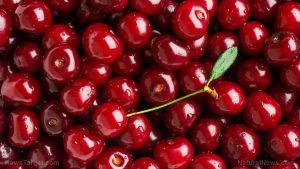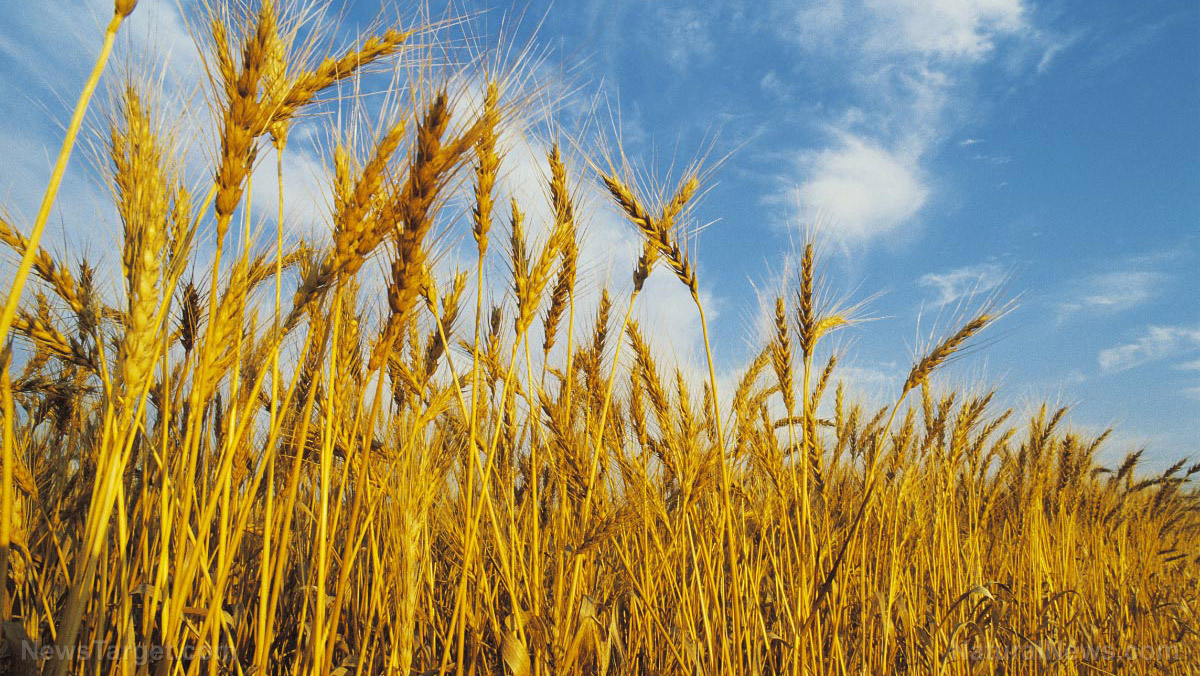Folpet — toxicity, side effects, diseases and environmental impacts
12/02/2017 / By Zoey Sky

Folpet is a protective leaf-fungicide. Its mode of action inhibits the normal cell division of a broad spectrum of fungal pathogens. Folpet is incompatible with strong alkaline preparations, such as lime sulfur. The signal word for products containing folpet is “Warning.”
Folpet is no longer sold in the United States, and formulation types include wettable powders and dusts. Folpet appears as colorless crystals.
Folpet’s trade names and identifiers include:
- 133-07-3
- Orthophaltan
- Acryptan
- Phthaltan
- Faltan
- Folpel
- Spolacid
- Folnit
- Folpan
- Ftalan
- N-(Trichloromethylthio)phthalimide
- Intercide TMP
- PHALTAN
- Fungitrol 11
- Fungitrol
- Vinicoll
- Faltex
- Cosan I
- Phaltane

List of known side effects
Exposure to folpet may cause an allergic skin reaction and serious eye irritation. It is harmful if inhaled, may irritate mucosal surfaces, and can result in local irritation. Folpet is suspected of causing cancer. It can irritate the respiratory tract and exposure to the fungicide can cause contact dermatitis. Folpet can also exacerbate asthma.
At high doses of folpet, laboratory animals exhibit hypothermia, irritability, listlessness, anorexia, hyporeflexia, and oliguria, the latter with glycosuria and hematuria. It is very toxic to aquatic life
Body systems affected by folpet
The short-term exposure effects of folpet are skin absorption, irritation of the eyes, and of the respiratory tract. Its long-term exposure effects include dermatitis and skin sensitization, and it may have effects on the gastrointestinal tract, thyroid, lymphatic and blood-forming tissues, kidneys, and muscles. Folpet may cause genetic damage and retarded development of the newborn.
A survey of the irritant and sensitizing potential of pesticides was conducted to determine the frequency of irritant and allergic reactions due to exposure to pesticides widely used in Italy. Thirty-six pesticide preparations were used in patch tests on 652 patients (377 males) at a dermatological clinic in Perugia, Italy.
A total of 274 subjects had contact dermatitis on their hands. Ninety-two participants were current and 11 were former agricultural workers. The concentration of the pesticide used in the tests ranged from 0.05 to two percent, and the reactions were read at 48 and 72 hours.
Allergic reactions were observed in 46 subjects. These resulted primarily from the fungicides captan, folpet, and difolatan. The observed allergic reactions in 24 subjects were considered relevant to their contact dermatitis. Sixty-six subjects showed irritant reactions, and current and former agricultural workers had a significantly greater sensitivity to pesticides compared to the other patients. The survey results determined that sensitivity to pesticides is rather uncommon, and that allergic reactions caused by pesticides are almost always due to fungicides.
Items that can contain folpet
Folpet is used to control various pests such as downy mildew, powdery mildew, leaf spot, rose black spot, apple scab, and rose mildew. It is often applied to fruits (like apples, cherries, and berries), ornamentals (e.g. roses), and various vegetables.
Some of the manufacturers and suppliers of products using this active (now or historically) include:
- Makhteshim Agan
- AgroCare
- India Pesticides Ltd.
- Chevron
- Stauffer
Products using this active ingredient include:
- Folpan 80 WG
- Petal
- Enofol
- Faltex
- Thiophal
- Folpwel
How to avoid folpet
When handling folpet, do not let the fungicide enter the environment. Sweep the spilled substance into covered containers. If possible, moisten first to prevent dusting. Carefully collect the remainder, then store and dispose of according to local regulations. Always wash thoroughly with soap and water after handling folpet.
Before handling folpet, wear protective eyewear (safety glasses, goggles, or face shield), coveralls over a short-sleeved shirt and short pants, chemical resistant gloves, chemical-resistant apron (when mixing and loading and cleaning equipment), chemical-resistant headgear (for overhead exposure), and chemical-resistant footwear and socks.
Where to learn more
Summary
Folpet is a protective leaf-fungicide.
Long-term exposure to folpet can cause dermatitis and skin sensitization, and it may have effects on the gastrointestinal tract, thyroid, lymphatic and blood-forming tissues, kidneys, and muscles.
Folpet is used to control various pests such as downy mildew and powdery mildew. It is often applied to fruits, ornamentals, and vegetables.
Sources include:
Tagged Under: folpet




















